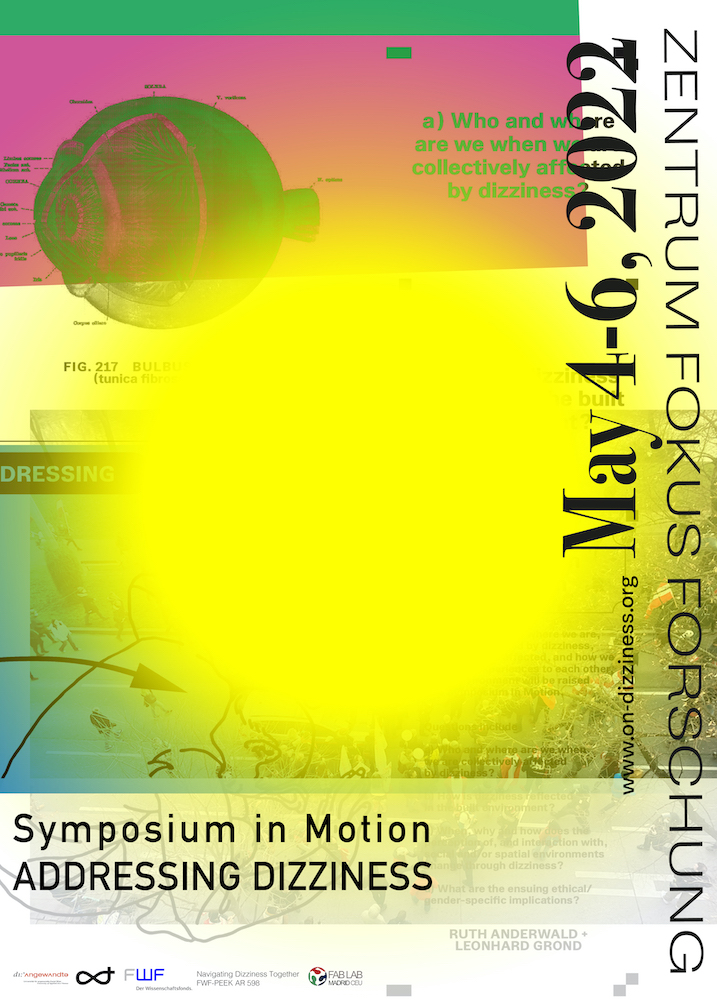Architectural Humanities
Architectural Humanities is one of five new research groups established by the School of Architecture and Cities in 2021. It focuses on the historical and cultural processes and practices of architecture. Founded on humanities-based methods and including interdisciplinary arts and social science approaches to research, our members address contemporary critical questions about architecture and its contexts. These include; archival and documentary analysis, oral histories, film and visual analysis, drawing, participatory research, installations and exhibitions.
Our members’ investigations and projects span the history of nineteenth and twentieth century architecture, modernism and landscape, the nature of spatial memory, the experience of vertigo, forms of architectural practice, women in architecture, religious architecture, social relations in the production of the built environment and the British New Left. We also include a group of researchers dedicated to examining architectural pedagogy, diversity and inclusion, and the intersectional relationship between students, educators and the educational institution. Many of these themes and approaches overlap but, in all cases, we are committed to experimental, speculative, and tentative ways of exploring architecture through artefacts, sounds and film alongside conventional academic methods.
A number of broad themes cut across our research in architectural humanities: Architectural Pedagogies; Counter-narratives in architectural history; Heritage and Belonging; Modernism and Landscape; Religious Architecture. We welcome PhD researchers and scholars in these areas.
For more about the Architectural Humanities Research Group go here.
Davide Deriu will give a lecture at the Addressing Dizziness symposium which takes place at the University of Applied Arts, Vienna, on 4-6 May, 2022. This process-oriented working symposium aims to discuss ways of localizing, recognizing, approaching, and countering dizziness at different scales and disciplines. Through the prisms of art, architecture, philosophy, somatics, post-colonial theory and remembrance cultures, the event aims to uncover various layers of physical and social dizziness. Curated by Ruth Anderwald + Leonhard Grond, artist-researchers and professors at the Zentrum Fokus Forschung, University of Applied Arts.
The AHRA Research Student Symposium 2022, “Voices in Architecture”, considers voices in architectural research, posing the critical questions: who speaks and for whom? How do we give voice without assuming authority? How do we listen without judgment? How do we adjust the volume of our own voices? A key objective of the symposium will be to connect architectural research with wider political concerns around democracy, protest and populism and we are particularly attentive to processes of public engagement and empowerment, social stratification and elitism. The symposium also seeks to investigate diverse modes of production and their social worlds, explorations of vernacular traditions, informal settlements, transient and temporary architectures.
The exhibition Falling Away brings together Catherine Yass’s vertiginous film installations at Ambika P3. The first retrospective of the artist’s extensive body of film work, it spans the past two decades and includes a new work made in response to the impact of COVID-19 and global warming. Ambika P3’s vast subterranean space engages audiences in the disorientating effects of Yass’s films, which portray architecture in a state of construction, abandonment or demolition. By engaging with our perception of verticality, these works address the relationship between material structures and the powers and institutions that embody them.


